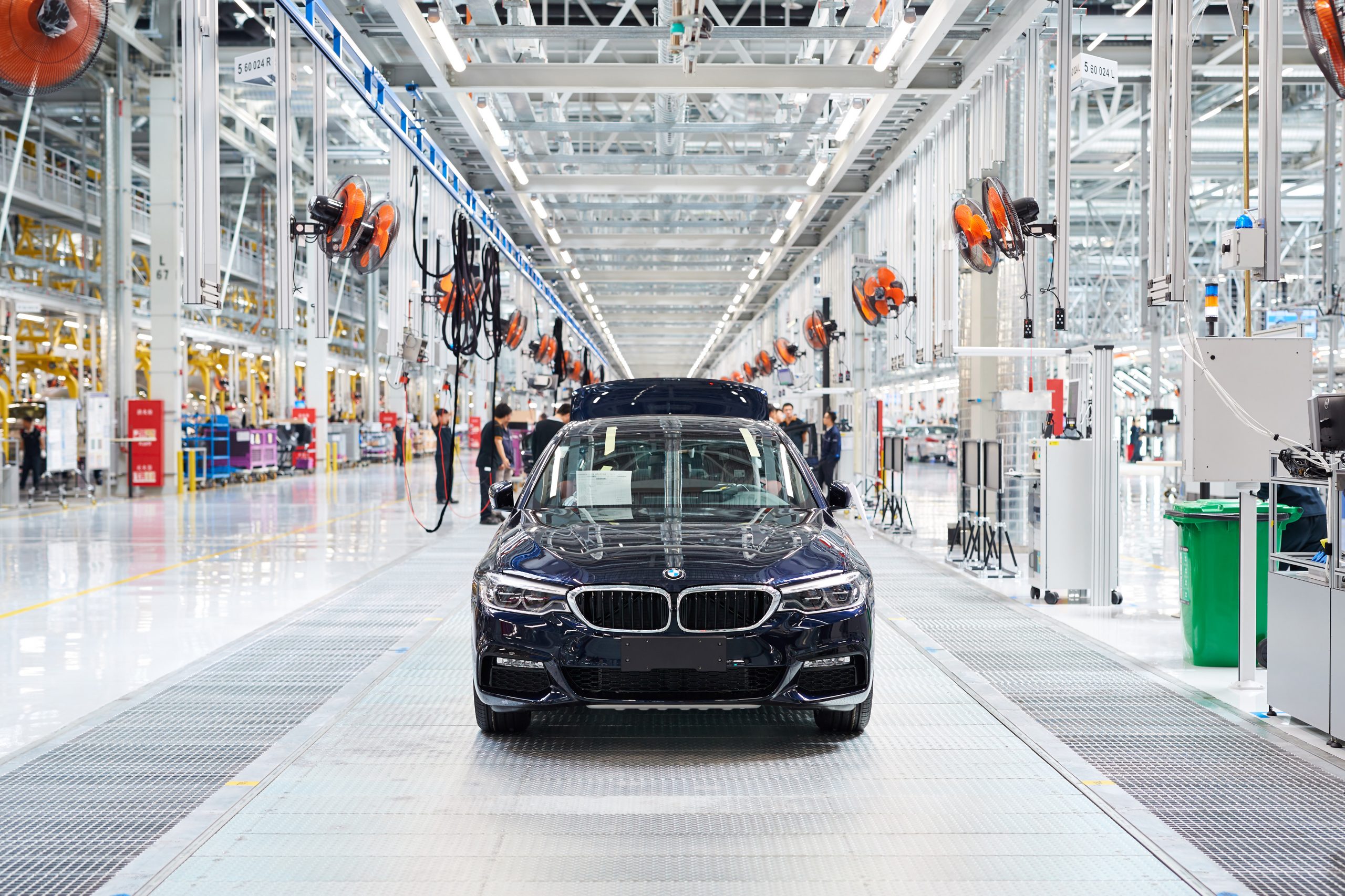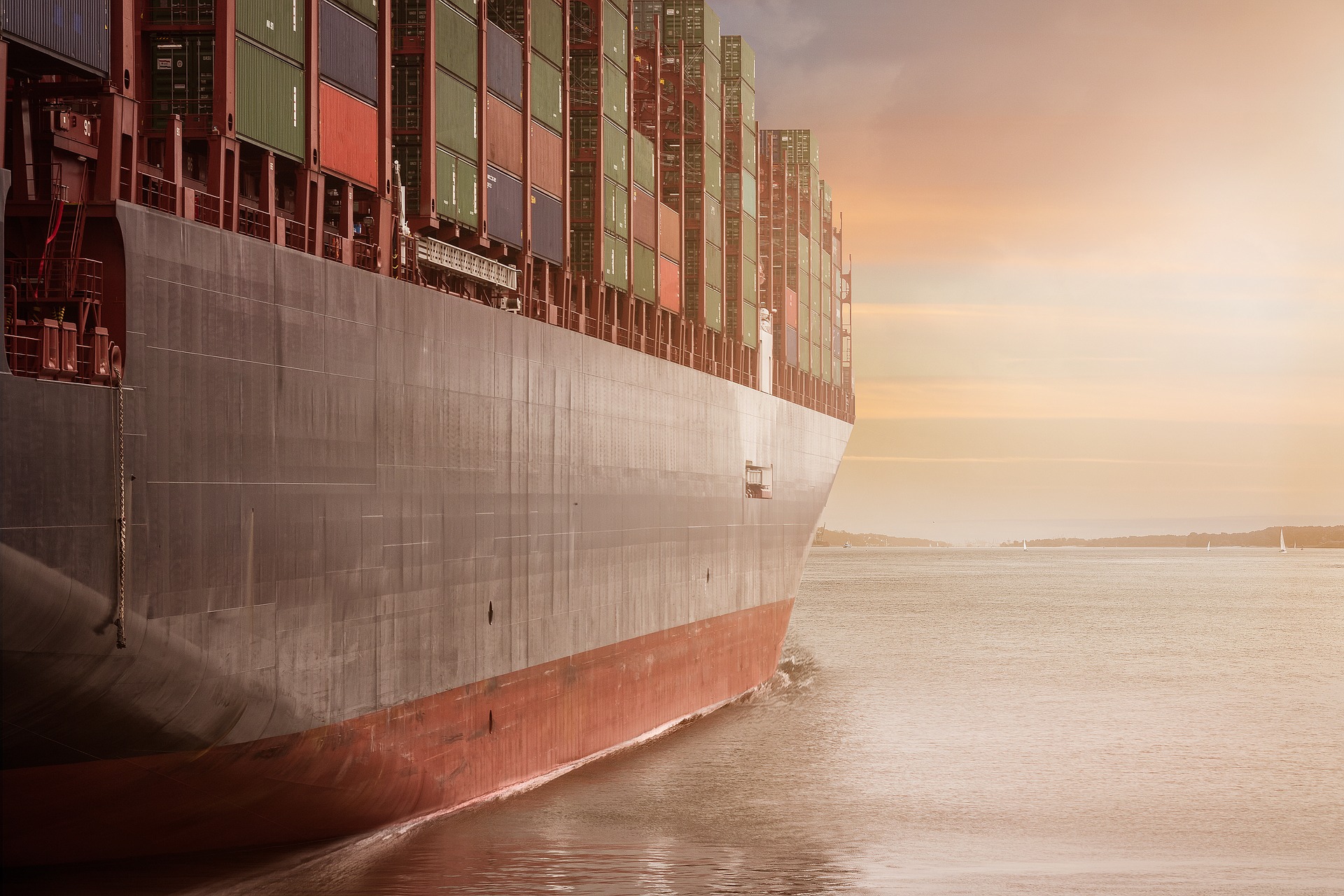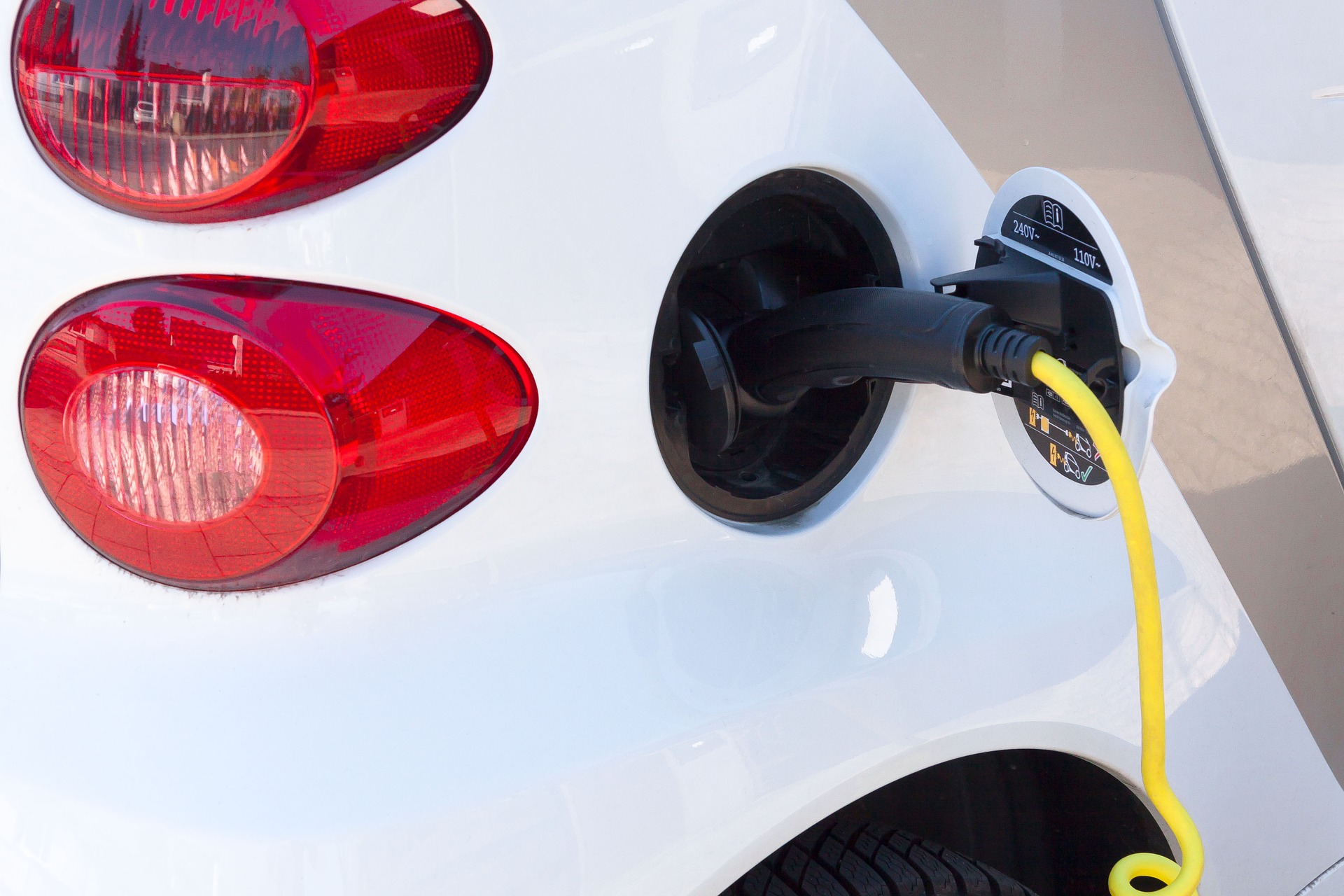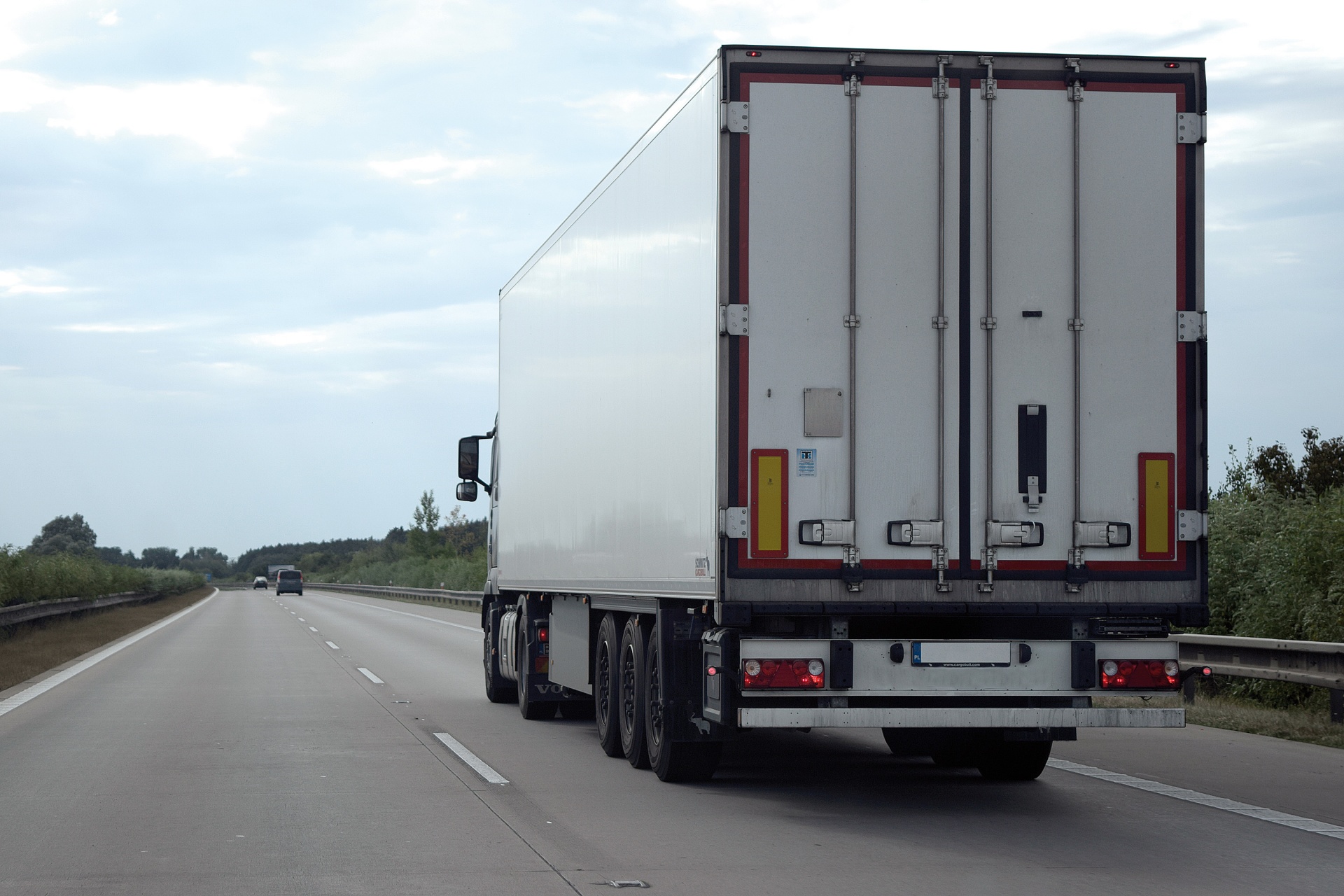Dramatic job creation finding in e-vehicles study
The shift to electric cars could create more than twice as many new jobs as the number that will be lost by the demise of the internal combustion engine. That is the main finding of a study by the European Association of Electrical Contractors (AIE) into the employment impact of a move to e-vehicles. The main beneficiaries will be people working for small and medium-sized enterprises (SMEs).







-scaled.jpg)
